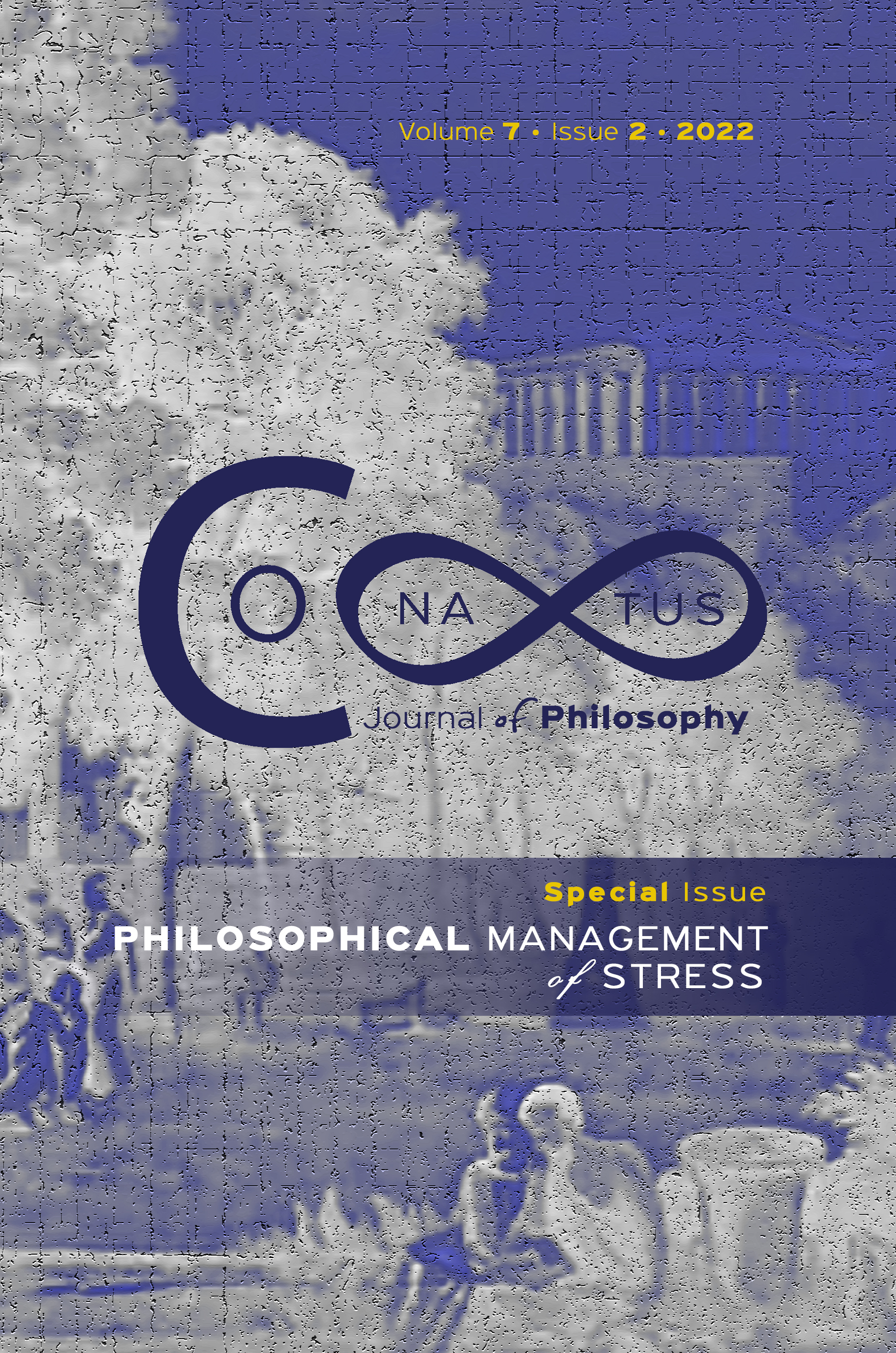Back to Eudaimonia as a Social Relation: What Does the Covid Crisis Teach Us about Individualism and its Limits?

Abstract
The current health crisis that has spread worldwide has raised many questions regarding our relations to the Other and to ourselves. Through isolating people, Covid-19 has demonstrated the need we face, as human beings, to socialize and to get in contact, physically speaking, with others. As Aristotle stated, human beings are political animals, meaning social animals that can flourish only in the polis through the process of interacting with each other in quest of eudaimonia, i.e. happiness. Along with the rise of socio-physical distancing imposed due to the pandemic, people around the world have experienced isolation and the lack of human contact and interaction. In the Western world this isolation has led to an increase in mental health issues, and this fact has to be taken into consideration by the government when making decisions regarding the reinforcement or the slackening of measures in the context of Covid. The pandemic has shed a light on the limits of individualism as it has developed in some places. The quest for happiness has slowly led some societies to create a kind of a solipsistic world in which there would exist no reality, no truth outside individuals’ perceptions. Consequently, each human being is considered as “the measure of all things,” as Protagoras noted. This unique experience could then give us the grounds to question our relations to each other, to investigate our understanding of eudaimonia, and to revisit what it means to live in a society.
Article Details
- How to Cite
-
Goffi, E. R. (2022). Back to Eudaimonia as a Social Relation: What Does the Covid Crisis Teach Us about Individualism and its Limits?. Conatus - Journal of Philosophy, 7(2), 105–118. https://doi.org/10.12681/cjp.26698
- Section
- Articles

This work is licensed under a Creative Commons Attribution-NonCommercial 4.0 International License.
Authors who publish with this journal agree to the following terms:
Authors retain copyright and grant the journal right of first publication with the work simultaneously licensed under a Creative Commons Attribution Non-Commercial International License (CC BY-NC 4.0) that allows others to share the work with an acknowledgement of the work's authorship and initial publication in this journal.
Authors are able to enter into separate, additional contractual arrangements for the non-exclusive distribution of the journal's published version of the work (e.g. post it to an institutional repository or publish it in a book), with an acknowledgement of its initial publication in this journal.
Authors are permitted and encouraged to post their work online (preferably in institutional repositories or on their website) prior to and during the submission process, as it can lead to productive exchanges, as well as earlier and greater citation of published work.





